News
How T3rn is transforming the world of Web3 Oracles
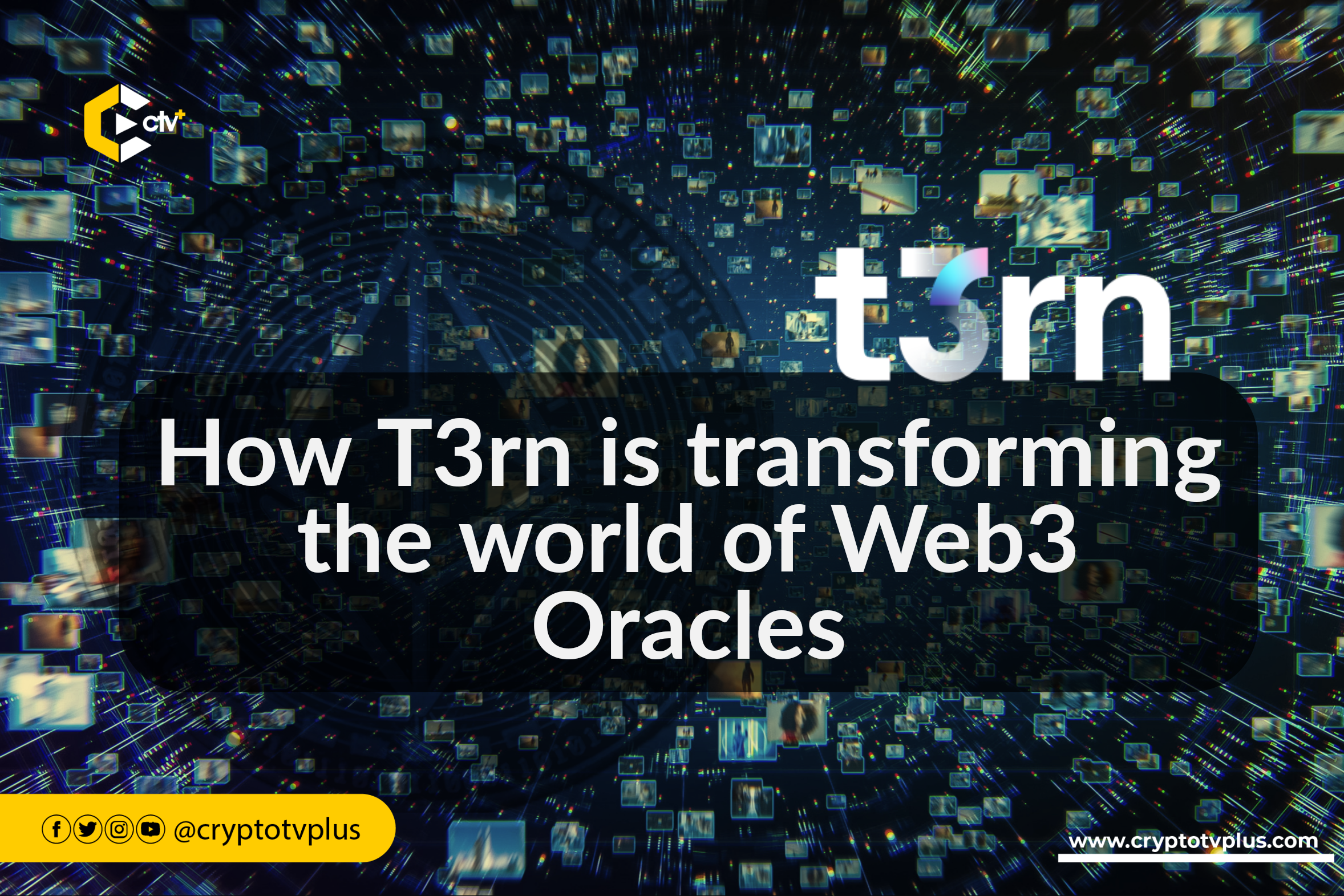
In a presentation at Sub0 2023, Maciej Baj, the founder and CTO of T3rn, spoke about the world of oracles and how T3rn is reshaping the oracle landscape.
T3rn’s approach allows for oracle-like functionality without the need to venture into off-chain realms to source data, offering a fresh perspective on the oracle problem.
Blockchain oracles are third-party services that connect smart contracts with the outside world, allowing them to execute based on inputs and outputs from the real world.
They provide a way for the decentralized Web3 ecosystem to access existing data sources, legacy systems, and advanced computations.
Oracles enable the creation of hybrid smart contracts, where on-chain code and off-chain infrastructure are combined to support advanced decentralized applications (dApps) that react to real-world events and interoperate with traditional systems.
The presentation began with an overview of the T3rn Protocol, highlighting its capability to process orders from both Substrate-based networks and Ethereum.
It merges data from diverse sources to ensure the accuracy of the information. T3rn’s incentive layers play a vital role in coordinating the routing and confirmation processes built on top of the protocol.
A key feature highlighted by the founder and CTO is T3rn’s use of light clients, which monitor blockchain headers instead of storing entire transaction histories.
Light clients check the headers to understand the consensus state of the network, making them highly efficient and storage-friendly.
He explained that Ethereum’s committee consensus and Grandpa-based proofs for Polkadot, Kusama, and Rococo chains serve as examples of these consensus mechanisms.
A universal interface: unlocking the power of light clients
He went further to say that T3rn provides a universal interface to access the data verified by these light clients.
This interface allows developers to verify states, events, and transaction inclusions using the latest headers provided by T3rn’s light clients. It simplifies the process of building applications that require cross-chain data verification.
Maciej then introduced a pilot use case centered around a cross-chain oracle. The objective was to create a price feed oracle that offers reliable data for various assets.
T3rn’s approach ensures data reliability and confidence by integrating game theory and incentives within the protocol.
Unlike traditional oracles, where data from off-chain sources must be trusted, T3rn enables on-chain consensus verification, enhancing data integrity.
T3rn is exploring the possibility of subsidizing the cost of executing on Ethereum, thereby enhancing the cost-effectiveness of cross-chain operations.
The plan is to gather gas price data from Ethereum transactions and use it to determine execution costs. This initiative is designed to offer developers cost-efficient options for cross-chain execution while maintaining data reliability.
…
Maciej Baj presented T3rn’s vision of cross-chain oracles as a reliable and efficient way to access data from various sources across multiple chains. By leveraging light clients and a universal interface, T3rn empowers developers to build trustless applications that can access and verify data without relying on centralized intermediaries.
Read also; Trappist launches cross-chain testing infrastructure on Polkadot





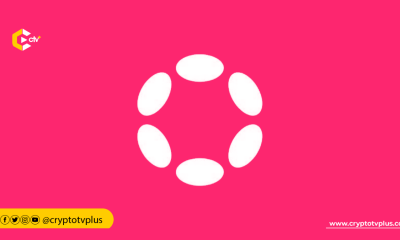

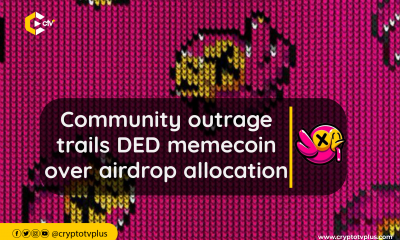



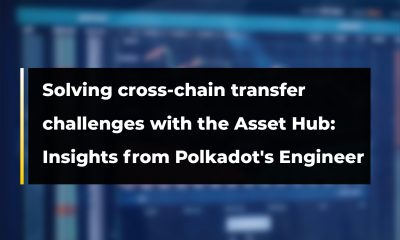

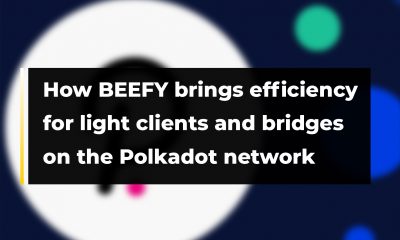











1 Comment